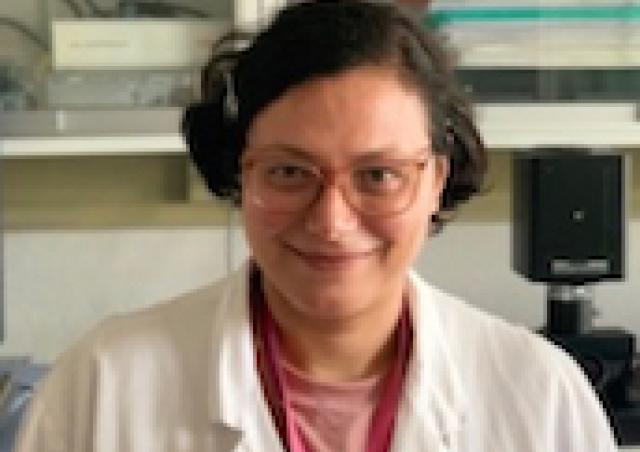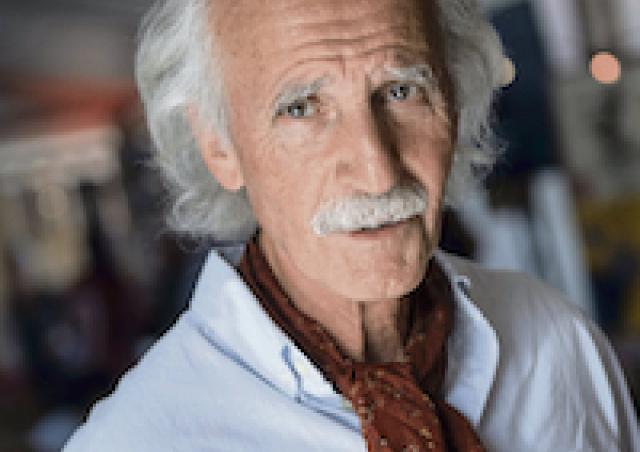Background
Hepatocellular carcinoma (HCC) is a type of aggressive liver tumor for which treatment options are very limited to date. The best treatment for HCC is surgical resection. However, if HCC is detected at a later stage palliative and pharmacological treatments are preferred.
In the context of therapeutic development, almost all current clinical trials are looking at immunotherapy, a therapy that uses the immune system, but 60-70% of patients are still resistant to it. It is therefore essential to identify the factors that influence this response to treatment.
We know that cancer cells have a specific metabolism compared to non-tumoral cells to meet their bioenergetic needs. Their rapid proliferation rate indeed requires a considerable production of energy in the form of ATP and a constant anabolism compared with normal cells. Targeting these specific metabolic adaptations could therefore be a potential approach to restrict the proliferation of cancer cells to reduce tumor growth.
Against this backdrop, Inserm researcher Renaud Dentin and his team have embarked on a research project with financial support from Inserm, the Foundation ARC, the Ligue contre le cancer, the City of Paris (Émergence project), Europe (ERC Starting Grant), the CNRS and Université Paris Cité. The aim of this project was to determine the role played by a specific protein, the transcription factor ChREBP (Carbohydrate Responsive Element Binding Protein), a specific mediator of glucose action in cell, in the initiation and development of hepatocellular carcinoma (HCC).
The results
Using data collected from 1,500 HCC patients from 10 independent human HCC datasets, the team demonstrated a systematic increase in ChREBP protein expression within tumors compared with non-tumoral cells. In these different human cohorts, patients with high ChREBP expression levels in their tumors had a reduced life expectancy compared with those with low ChREBP expression. These data provide the first experimental evidence in humans of a potential role for ChREBP in HCC initiation and development.
Finally, the team was able to identify the first pharmacological inhibitor of ChREBP, which elicited a significant effect in reducing HCC tumor growth by blocking essential growth factor signalings and metabolic reprogramming in cancer cells. More importantly, this inhibitor was found to increase the efficacy of an existing anti-cancer treatment, named Sorafenib, which acts by blocking the signals that promote cancer cell growth. This inhibitor also offers promising prospects in the treatment of other forms of cancer, such as breast cancer, colorectal cancer, and leukemia.
Advances in oncology
This type of fundamental research is extremely important. It indeed enables to understand the mechanisms behind the development of cancer, as well as the mechanisms of action of new molecular mechanisms that could be targeted to identify new cancer treatments. This is essential for initiating translational research projects between basic science and clinical research, aimed at assessing the efficacy and safety of new treatments in patients. This study therefore presents the first pharmacological inhibitor for ChREBP, which could become a key tool during HCC treatment. Its potential as a new therapeutic agent could eventually lead to a process of optimization and pharmacological valorization.
Reference
Emmanuel Benichou, Bolaji Seffou, Selin Topcu, Ophélie Renoult, Véronique Lenoir, Julien Planchais, Caroline Bonner, Catherine Postic, Carina Prip-Buus, Claire Pecqueur, Sandra Guilmeau, Marie-Clotilde Alves-Guerra et Renaud Dentin. The transcription factor ChREBP Orchestrates liver carcinogenesis by coordinating the PI3K/AKT signaling and cancer metabolism. Nature communications, 29 février 2024 ; doi : 10.1038/s41467-024-45548-w











